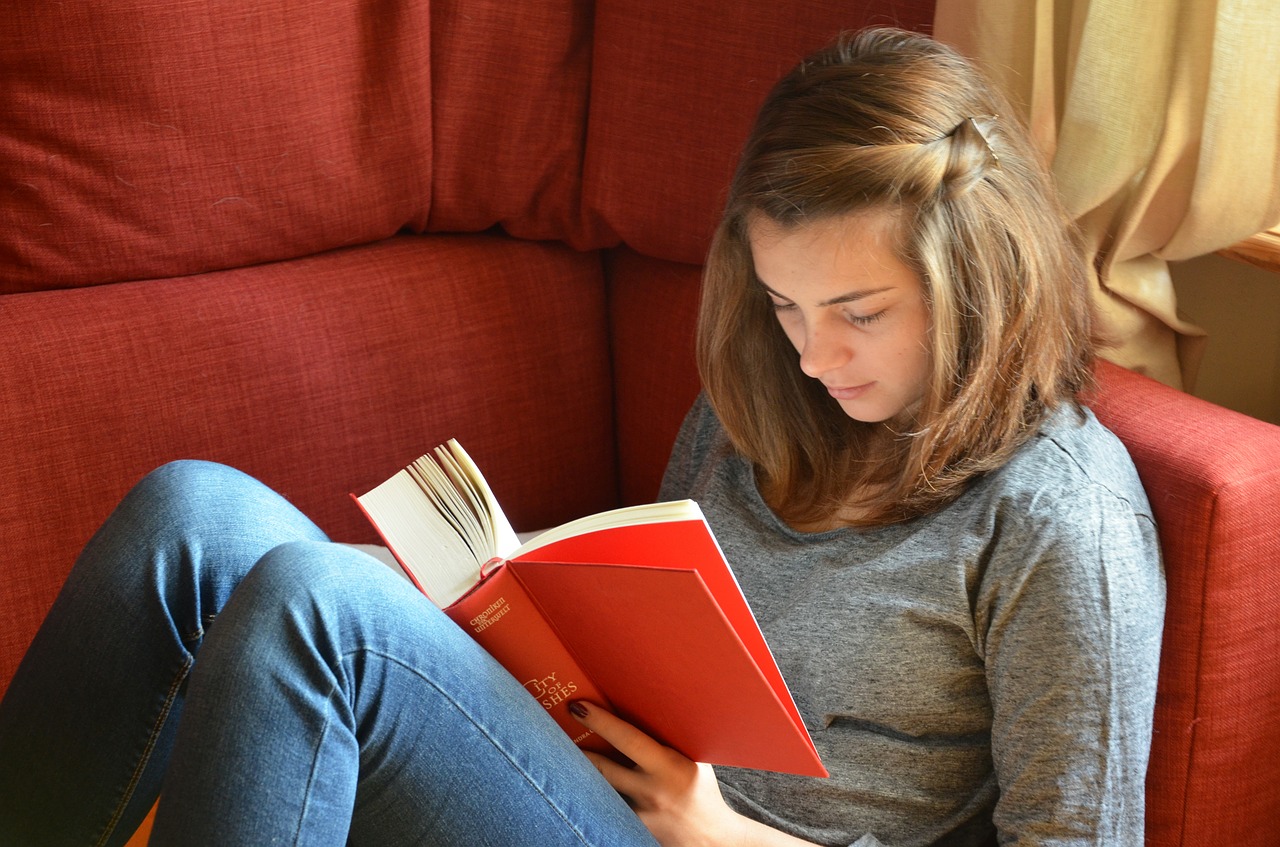
Almost one in seven children will transition from primary school to secondary school as a struggling reader, and we know that the reading gap has been extended by recent school closures. The DfE recently reported that all year groups have experienced a learning loss in reading of around two months (2021), with guidance reports and research suggesting it might be as much as seven months for some students (EEF, 2021).
This reading gap affects students’ academic outcomes in all subjects at GCSE and younger, disadvantaged students most acutely. More worryingly, it can also affect their self-confidence and self-worth.
We know how vital it is for students to see themselves positively as 'readers' who want to read. Working with them to develop their reading skills can lead to significant gains for young people, personally and academically, as the OECD's PISA data shows.
By focusing on decoding, word comprehension skills and reading comprehension and fluency, we can build the confidence of reluctant readers and encourage more students to genuinely read for pleasure.
Here are some reading resources to encourage more reading for pleasure:
Some students are motivated by a challenge, so try The Great Reading Race, a flexible, differentiated reading challenge resource on a sporting theme, which includes recommendation postcards, certificates and posters.
Another approach is to focus on developing KS3 and GCSE English students' reading skills through reciprocal reading strategies, an evidence-based approach that has been proven to be particularly effective with EAL and younger, disadvantaged students. Students take on different collaborative roles to help each other to understand a text, and Reading circle roles provides a helpful structure for reading a chapter of a set text – perfect for handling complex texts collaboratively.
For group discussion activities which could lead nicely into an absorbing reading lesson, try So many books, so little time or Discussion cards.
Sometimes you need a little inspiration to help students to think differently about reading. Advertise me! is a complete lesson that does this brilliantly. 20 teaching ideas for reading/library skills also has lots of engaging ideas to try.
For struggling readers and those whose reading attainment has fallen behind their expected level, try Fix it reading, an 12-week intervention programme based on practical, evidence-based reading comprehension strategies. Drawing on the EEF's recommended strategies for reading comprehension, the student workbook aims to building students' confidence and enjoyment in reading, while the teacher handbook provides detailed lesson plans and CPD guidance on why these reading strategies work.
If you want to encourage more independent reading or are looking for ideas for library lessons, Independent reading activities is a fun starting point. You'll find more resources in our Independent reading collection.
And if you want to involve parents, Closing the word gap: KS2-3 transition support has lots of practical strategies and reading development ideas to send home to encourage more reading at home.
Here's to many happy reading lessons this term!
This article was first published as an Editor's pick newsletter in October 2021.
